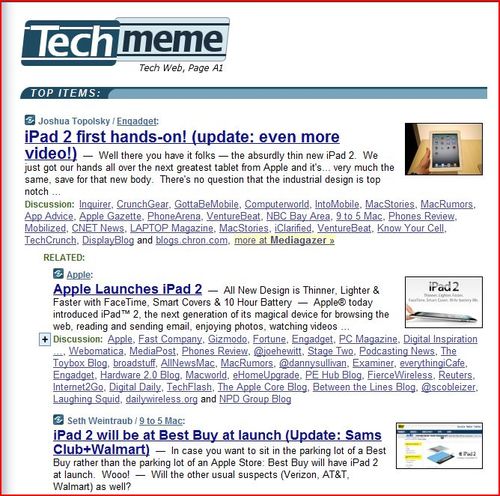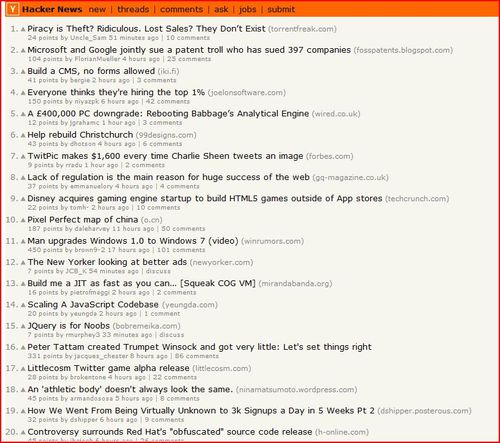Computers and Blues
When music and computers come together, interesting stuff happens. When I was a kid, I'd imagine that my entire record collection was a bunch of digital files that I could access from any computer. I thought we'd all own huge file servers full of our music. I got it sort of right. I missed the cloud and streaming thing. But I've been thinking of what can happen when computers and music come together for a long time, at least 45 years, and I've been writing about this passion of mine since I started blogging in the fall of 2003.
Last month I posted a rant called Anatomy Of A Pirate in which I detailed my efforts to buy a record called Computers and Blues by The Streets. It was a healthy conversation (450 comments) and a fair bit of hating and loving on Twitter too.
I guess the record company in question saw the post because I got this email yesterday (name of sender withheld by request):
Since you're a fan, I wanted you to know The Streets' Computers and Blues will be released digitally next week by Rhino Records here in the US.It's frustrating when albums don't have coordinated/shared international release dates - especially at digital retail - but it's not always that simple. Label repertoires can vary greatly by territory; oftentimes there are different rights holders/distributors depending on where the title is released.In this case, Atlantic Records US is not the repertoire owner. The Streets are not on Atlantic's roster and Atlantic wasn't scheduled to release Computers and Blues. (As a fan, I personally badgered my contacts for months trying to get information on the project.)Rhino Records and the Warner Music UK int'l team worked ridiculously fast to gain the clearances necessary to schedule this title to US digital partners, including the publishing approvals that are typically out of our hands. I know it seems like another example of the recorded music industry dropping the ball, a lot of hard work went into getting this release approved for US release, and quickly.
That's really useful information and I wanted to add it to the debate. I'd like to thank the teams at Rhino and Warner who got this record out in the US quickly.
I also immediately went to iTunes and pre-ordered the mp3s to purchase a bunch of files I've had for just over a month now. You can do that too if you'd like. The files will be available for legal download on March 15th (tuesday of course, why is it always Tuesday?).
Like Mike Skinner sings on Without Thinking (1.25 in), when it comes to music "I have to think I'm a thief and plan it on my own." I'm not happy about that and I'd really like the people in the music business to figure out how to release music all over the world at the same time. When computers and computers come together, things need to change and this is one of them.








